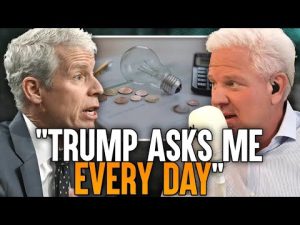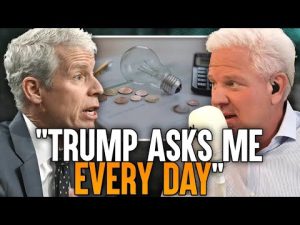The recent events in Washington, DC, have sparked quite the discussion about law enforcement efforts and community reactions. As seen in the streets of the capital, familiar scenes played out with law enforcement cracking down on drug dealers and protests erupting in response. However, amidst the clamor, the voices of the city’s residents—particularly those in the affected areas—help us see the broader picture clearly.
While some may argue that these law enforcement actions are an infringement on personal freedoms or target specific communities, evidence suggests otherwise. Many residents, especially those in neighborhoods affected by high crime rates, feel more secure knowing that dangerous narcotics and weapons are being removed from their streets. It’s a relief, particularly for black communities who frequently bear the brunt of gun violence. It’s worth noting that crime knows no race; it affects everyone, but especially those living where these crimes occur. The protests, often led by affluent urban liberals, seem disconnected from the on-ground realities these communities face daily.
A recent protest saw an individual loudly accusing law enforcement of targeting the homeless, overlooking the obvious fact that those arrested were dealing drugs. The very people who decry these law enforcement actions are ironically disturbing the peace themselves. Residents, including those experiencing homelessness, have expressed gratitude for actions that aim to reduce crime in their areas. These law enforcement efforts are focused on the genuine threats posed by drug dealers and illegal arms, not on individuals who happen to be down on their luck.
Personal responsibility and common-sense governance are at play here. The police are not targeting people indiscriminately; they are focusing on those whose actions directly threaten the safety and well-being of the community. By removing drugs and guns from the streets, they’re paving the way for a safer, more prosperous environment for everyone. Residents are not keen on harboring crime in their neighborhoods. When a drug dealer is arrested, it is not a moment of sorrow but rather a step toward reclaiming a peaceful community where law-abiding citizens, even the homeless, can feel secure.
It begs the question of who is truly benefiting from protesting such actions. It appears that some groups or individuals might be more interested in maintaining a narrative of victimhood rather than acknowledging the tangible improvements being made. Perhaps there’s discomfort with acknowledging that cleaning up the streets, as initiated during President Trump’s administration, is leading to real positive change, regardless of political affiliations. Cities across America would be wise to follow this model.
In conclusion, efforts to remove criminal elements from cities are steps toward ensuring safety and quality of life for all residents. It is a stand against chaos and a push for order where it is desperately needed. Celebrating these efforts does not mean ignoring the needs of the less fortunate; rather, it’s about creating an environment where there is one less danger for them to face every day. True compassion involves doing what is necessary to improve living conditions for everyone, especially those most vulnerable. Law enforcement in DC is showing how it can be done effectively.







